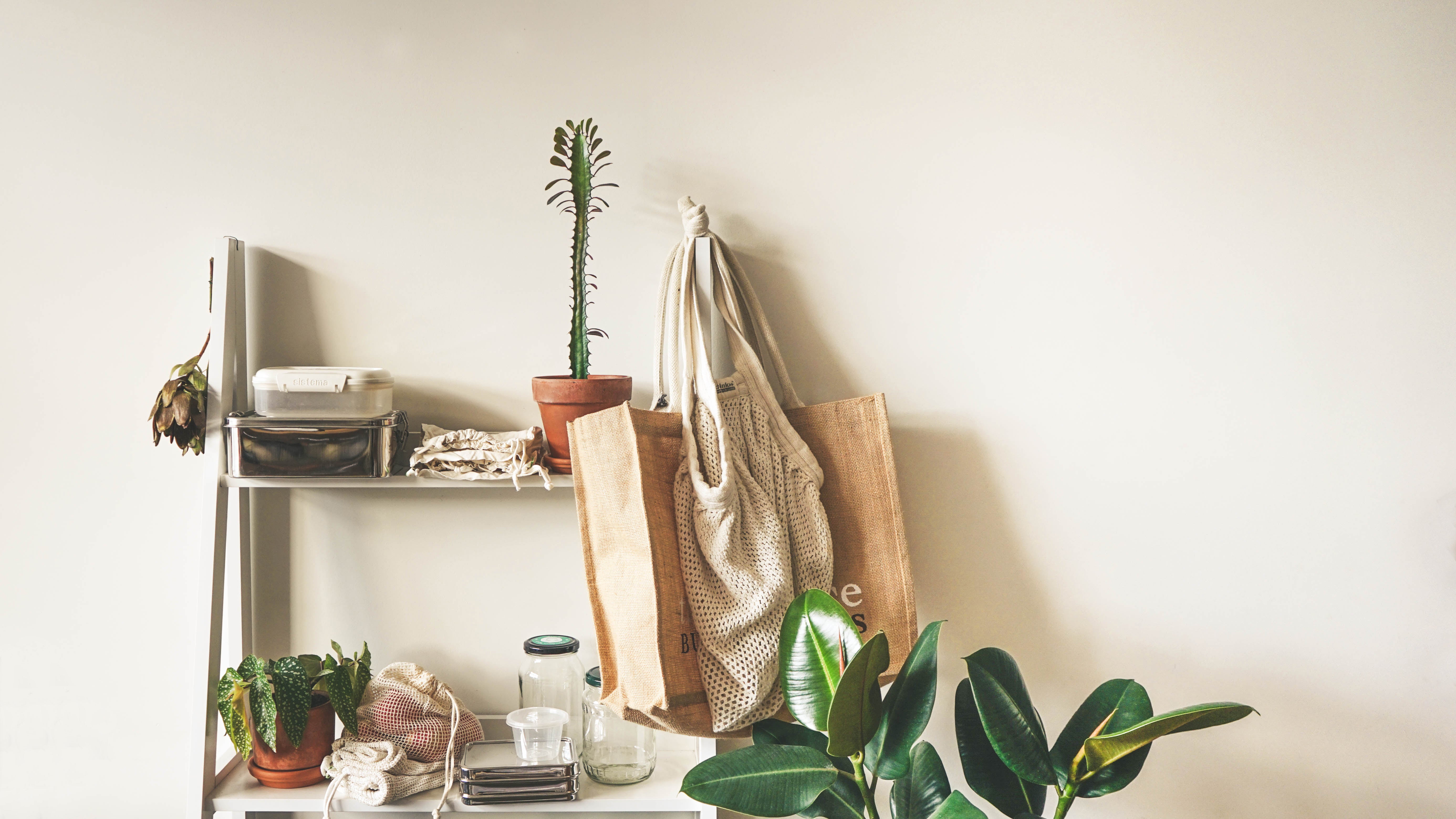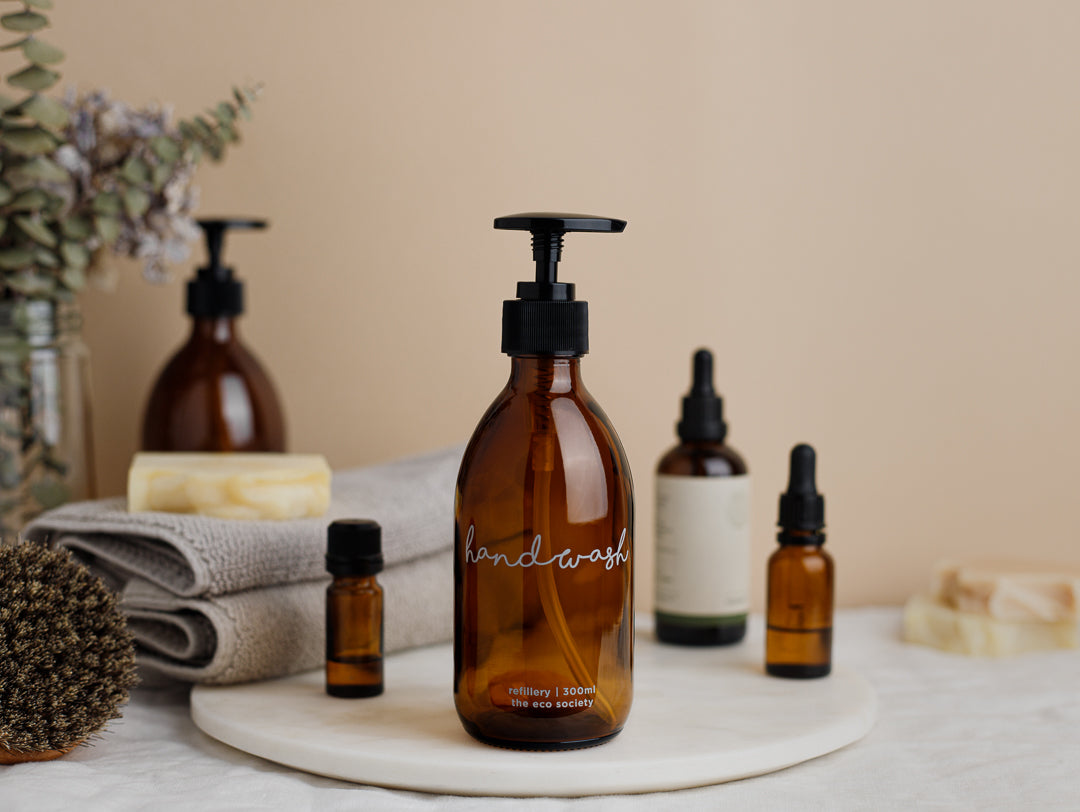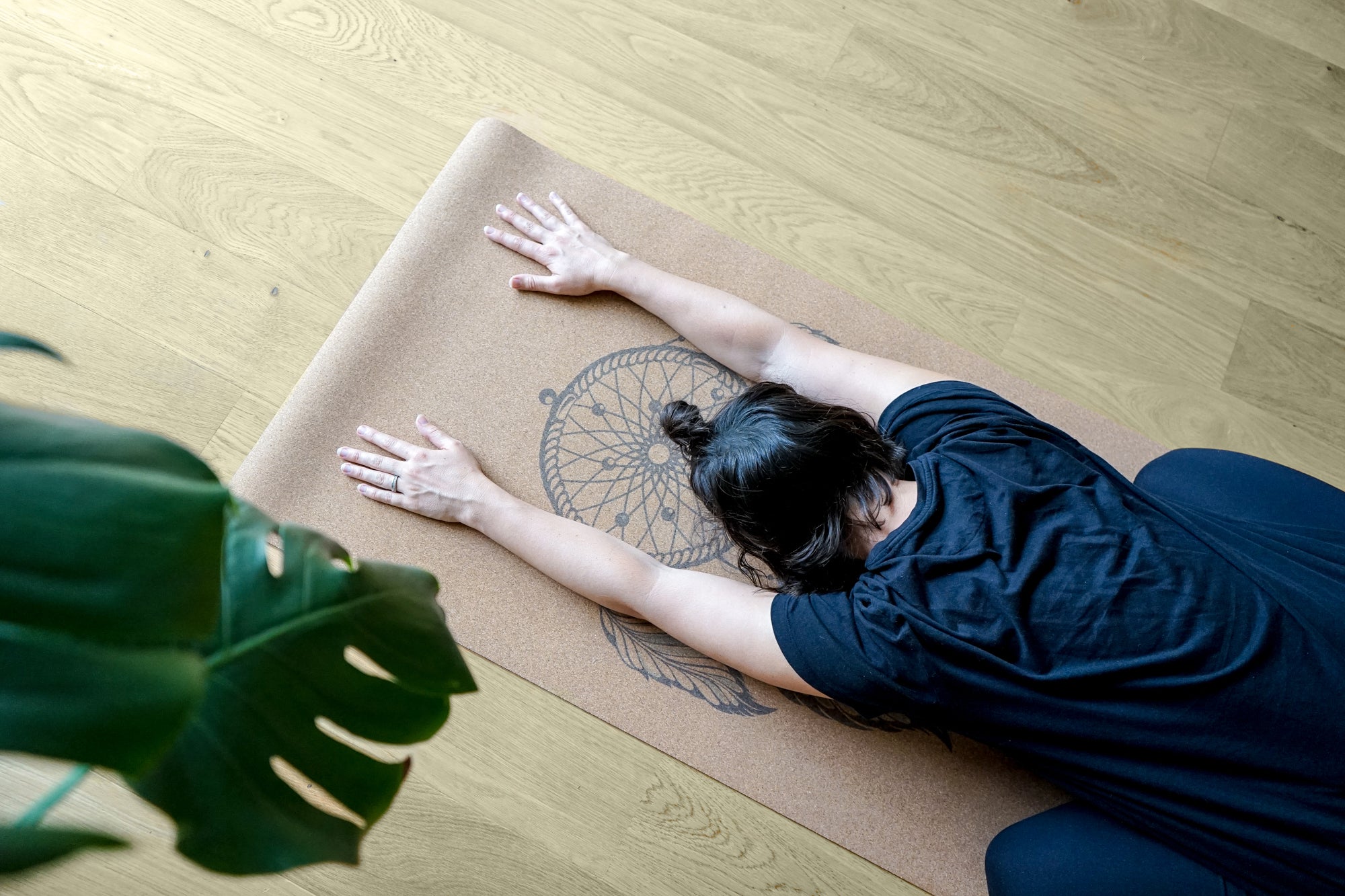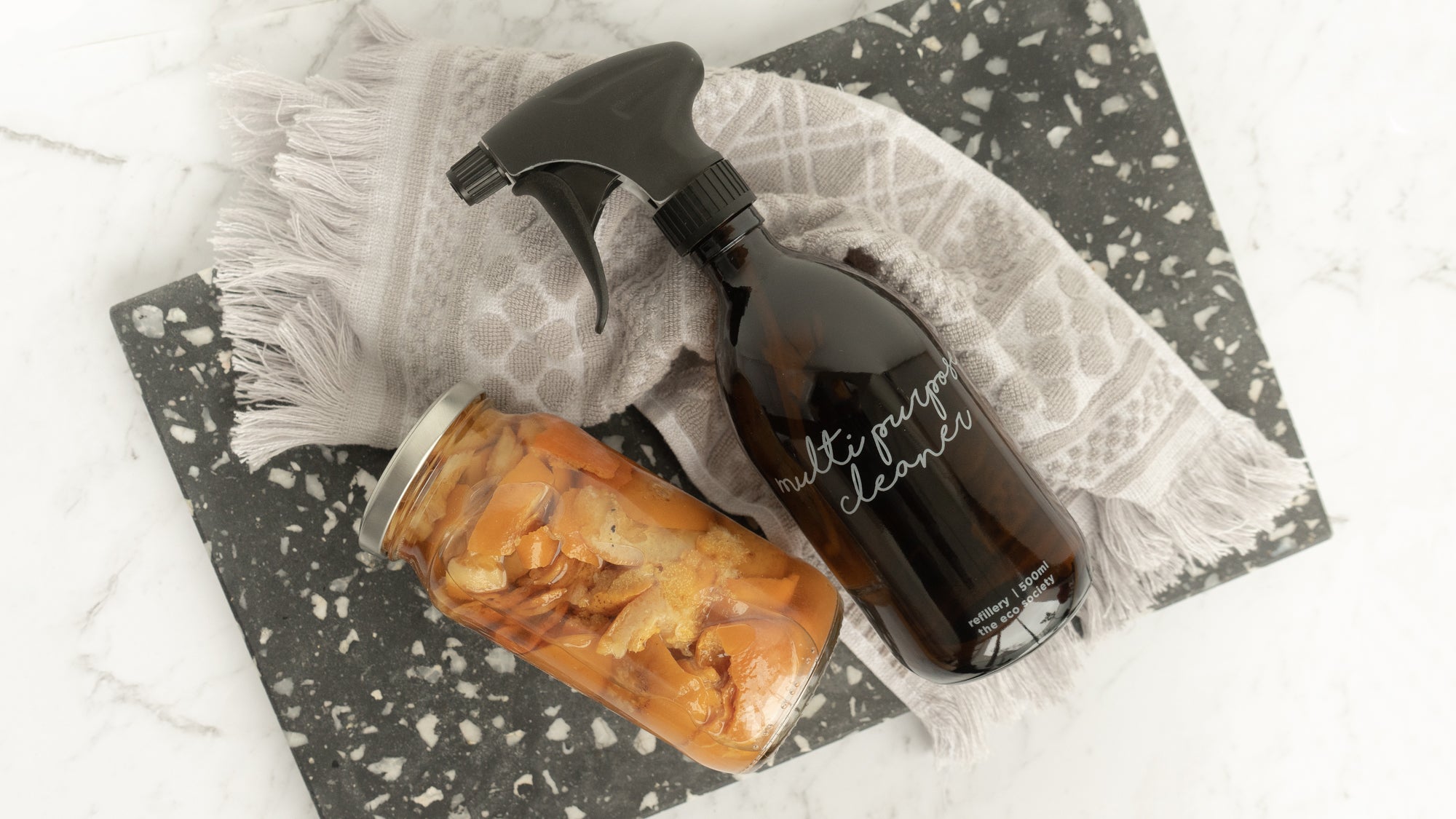An estimated 500 billion to 1 trillion plastic bags are consumed worldwide each year, and on average, they are only used for 12mins!
We have seen many countries, over the last couple of years, recognise the destruction to our environment caused by plastic bags and take action through various types of bans. Following a little behind the game, NZ has finally joined 65 other counties around the world in banning the plastic bag. As of the 1st July, 2019 businesses can no longer sell or provide single-use plastic shopping bags.
You may have already noticed a change, as earlier this year NZ Supermarket giants stopped supplying plastic carry bags, which is great, and this ban formalises this and goes much wider. And, if you’re like me have already been taking your own reusable bag for years, you will be joyfully watching the shift in other people habits as we move towards a more sustainable future.
About the Ban
In short, the new ban will be on all plastic shopping bags with handles that are made of plastic up to 70 microns in thickness – these are the types of bags commonly found at supermarkets, takeaway food shops, and other retail checkouts, like clothing and gift stores etc.
This ban, thankfully, also includes plastic bags classed as degradable, biodegradable, compostable or oxy-degradable. This is a good thing as it helps to stop ‘greenwashing’ and reduces confusion for the customer. So regardless of whether the plastic material is sourced from fossil-fuel, synthetic compounds or from biological sources such as plants, all single-use plastic carry bags are included.
Here are some pics of the bags included in the ban.
Images from Ministry Of Environment NZ - For more examples visit the website here
Alternatives to the Bag
One of the most common questions in response to the plastic bag ban is what to do for bin liners? I will simply answer this with NOTHING! You don’t really need a bin liner, as that’s what the bin is for, to hold your waste. If you are not satisfied with this answer, then check out our post Alternatives to plastic bag bin liners for more details on low impact options.
You might also be wondering how are you going to carry stuff? Well, many businesses are going to replace plastic bags with paper ones, which, while they do compost or biodegrade much easier, still have a big impact on the environment through deforestation. You also need to be careful of businesses that try to greenwash by offering thicker plastic “reusable” alternatives (that fall outside the ban) – these just don’t have the same reusable life as say a cotton alternative. The very best thing you can do is REUSE!!!! Use what you already have at home, the planet and your wallet will thank you for it. If you really have to buy new, buy from an ethical & sustainable brand. Get a bag that is made from natural materials or made from recycled materials.
And if you are wondering about takeaways… this is a great opportunity to BYO carry bag and container at the same time. We’ve found the majority of takeaway joints get on board with this idea very easily!
Not included in the ban
Much to our disappointment, not every “plastic bag” is included in the ban. Items such as plastic bin liners, pet poop bags, plastic bags used at the deli, seafood or meat section in your supermarket, and most annoyingly, the thin bags in the fruit and vegetable sections, are all exempt from the ban.
I would really have like to have seen the ban go further than it has, but I also understand that it becomes a lot more difficult for the government to regulate, especially when it comes to health and safety. But hey, change starts small.
So, here are some tips on how you can avoid plastic bags NOT included in the ban.

Remember: Use whatever you already have at home, the planet and your wallet will thank you for it.
BIN LINERS
- Go naked - Try not using a bag in your bin. Putting food waste into a compost helps avoid wet smelly rubbish bins. And if it gets little funky, just give it a wash.
- Paper bags - If you are getting paper bags you can use these as an alternative, again I would reduce the food waste you put into your bin to avoid the bag from getting too soggy.
- Newspaper – Make bin liners using old newspapers. The site ‘1million women’ have a how-to guide can you can watch here.
- Compostable bags – now even though I don’t recommend these, as I think it's a waste of money and still producing unnecessary waste, I will mention them as I understand that in some areas people do not have rubbish collection bins and need some kind of bag to put their rubbish out. However, before you go out and buy compostable bin liners please do read our blog post Alternatives to plastic bag bin liners where we talk about the difference between degradable, biodegradable, compostable and how these require certain environmental conditions to compost correctly.
FRUIT & VEGGIE BAGS
- Reuse – using what you have is always best, whether it's paper bags, plastic produce bags, or even a pillowcase. If you already own it use it.
- Go Naked – load your produce straight into your basket or trolley and pack them loose into your reusable carry bag.
- Reusable bags – Net produce bags are now widely available and come it multiple sizes, and are perfect for all of your fresh produce, again I recommend shopping from ethical & sustainable brands that use natural materials.
- DIY Bags – make your own reusable bags using materials you have lying around, including old clothes or bed sheets.
DELI, SEAFOOD & MEAT
BYO containers! Yes, you can BYO container to your supermarket. New World, Pak n Save and Four Square have recently announced you can now bring your own containers to all the North Island stores. This is not available in the South Island yet but keep asking for it to ensure it becomes available. Countdown is currently trialling this and it is only available in some stores.
Reuse – First things first, use whatever containers you have in the house. Anything and everything with a lid… that is clean!
- Plastic takeaway containers
- Ice cream containers
- Any plastic food container
- Click clack containers
- Glass jar containers, such as those used for Jam, pickles etc.
- Glass food containers
- Stainless steel containers
We as the consumer have the power to make meaningful change, we just need to keep demanding that our governments and industry do better - the ban on plastic bags, and the more recent changes of supermarkets letting consumers bring their own containers is proof of this – it might seem small, but change starts small, and it really is just the beginning of a major revolution in how we package and consume our produce and products.
You can get more details about the ban over at Ministry Of Environment NZ.






